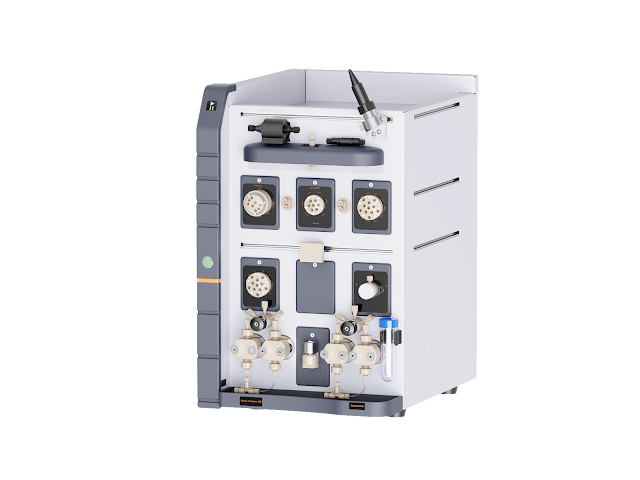Advancements in Oligonucleotide Synthesis and DNA Synthesizers
Oligonucleotide synthesis is a fundamental process in molecular biology involving the creation of short DNA or RNA sequences. These oligonucleotides serve as primers, probes, and therapeutic agents, playing critical roles in genetic research and biotechnology. The ability to synthesize specific sequences has revolutionized genetic engineering and diagnostics. Advances in this field have led to the development of more efficient and accurate synthesis techniques.
The Process of Oligonucleotide Synthesis
Synthesis involves sequentially adding nucleotides to a growing chain, following a predetermined sequence. This process is typically automated and carried out on solid supports, ensuring high accuracy and efficiency. The synthesis of oligonucleotides has become faster and more reliable with advances in technology. Researchers can now produce longer sequences with fewer errors, enhancing the scope of genetic research. The automation of synthesis has also reduced the time and labour required for large-scale production.

Importance of DNA Synthesizers
DNA Synthesizer is specialized instruments designed to automate the synthesis of oligonucleotides. These machines have revolutionized the field by significantly reducing the time and labour required for synthesis. Modern DNA synthesizers offer high throughput, enabling the production of numerous oligonucleotides simultaneously. This efficiency is crucial for high-demand applications such as genomic research and therapeutic development. The precision and reliability of these instruments are essential for ensuring the accuracy of synthesized sequences.
Applications of Oligonucleotide Synthesis
Oligonucleotide synthesis have a wide range of applications, from basic research to clinical diagnostics and therapeutics. They are essential for polymerase chain reactions (PCR), DNA sequencing, and gene editing. In therapeutics, synthetic oligonucleotides are used in antisense therapies and RNA interference (RNAi) technologies. These applications are driving advances in personalized medicine and genetic therapies. The versatility of oligonucleotides makes them invaluable tools in both research and clinical settings.
Innovations in DNA Synthesizers
Recent advancements in DNA synthesizers have focused on increasing the efficiency and accuracy of synthesis. These innovations include improved reagents, automated error-checking, and integration with bioinformatics tools. As a result, researchers can now synthesize longer and more complex sequences with greater confidence. The integration of advanced technologies has streamlined the synthesis process, reducing costs and increasing accessibility. These innovations are paving the way for new discoveries and applications in molecular biology.

Conclusion
Oligonucleotide synthesis and DNA synthesizers have transformed molecular biology and biotechnology. The ability to quickly and accurately synthesize custom DNA sequences has opened up new possibilities for research and therapeutic applications. As technology continues to advance, the impact of these tools will only grow. For the latest in DNA synthesis technology, visit inscinstech.com.cn.
.jpg)

Comments
Post a Comment